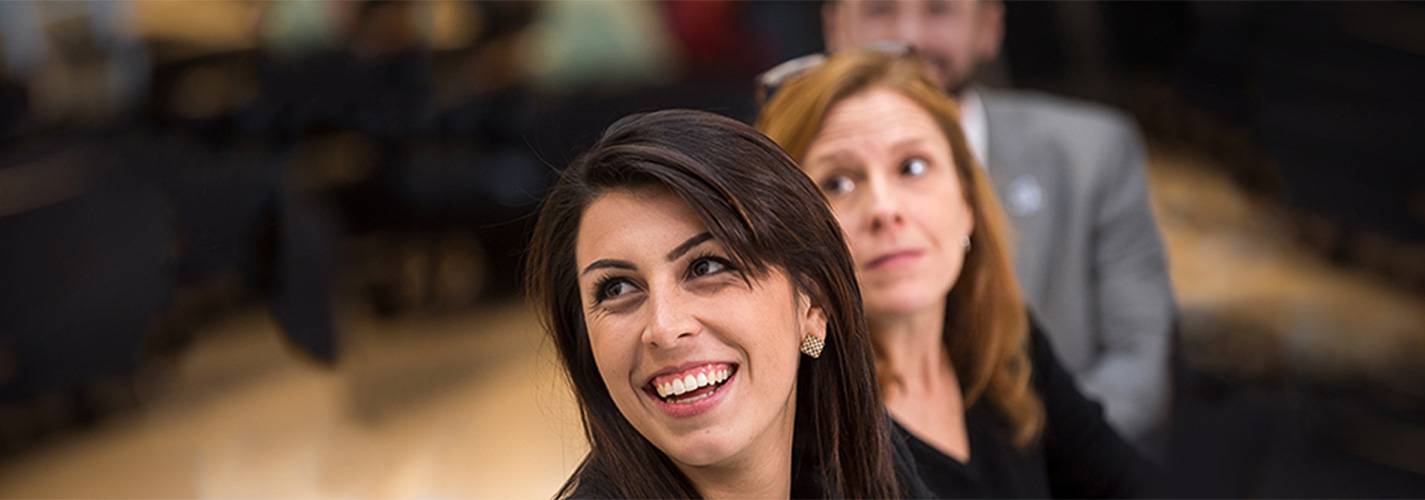If you want to further your finance career through education, there are two primary ways to do it: On the one hand, you can pursue a master’s degree in finance. On the other, you can study for the chartered financial analyst (CFA) exams. It’s important to recognize the difference between the two so you can make the decision that’s best for you.
M.B.A.
When you earn an M.B.A. in finance, you acquire a broad-based set of skills that can enhance career opportunities, increase salary-base, and allow for a job promotion. An M.B.A. in finance also offers skills and knowledge needed to start a small business or move into a leadership position. Earning an M.B.A. in finance provides a solid foundation in business practices which can be used in every facet of the business world.
M.B.A. graduates tend to have a larger skill set, which means they typically qualify for a broader spectrum of job opportunities. While initially these graduates average $100,000 upon graduation, studies show they could bring in as much as $300,000 after five to 10 years.1
An M.B.A. prepares students with a deeper skill set and knowledge base around all aspects of business. While still finance-specific, an M.B.A. in finance helps applicants reach career goals in every type of business. Career possibilities with an M.B.A. in finance include high-level positions in management within such industries as health, automotive, finance, marketing, and consulting. M.B.A. coursework includes such business-related topics as management, economics, communications, accounting, statistics, and entrepreneurship.
CFA
With the Chartered Financial Analyst program, a self-motivated person can develop a study program that is personalized and flexible. A CFA provides you with a targeted area of expertise. You’ll find that it can enhance your finance career path, is affordable, and globally recognized.
The CFA qualification can lead to new career paths for people who switch specialties from equities to tech advisory functions, or private equity back to corporate finance. The CFA can add immediate interest and qualification to a resume that may not have included obvious finance coursework.
Understand the Time Commitment
It’s important to understand the time commitment and value when considering the CFA or the M.B.A. The average CFA candidate should spend at least 10-15 hours per week preparing for each exam.2 To complete the full CFA program (all three exams), one would expect to commit 3 to 4 years to the process. The Seton Hall University online M.B.A. program can be completed in two to three years.
Next Steps in Your M.B.A. Planning
An online M.B.A. from Seton Hall University’s nationally-recognized School of Business supports your academic and ethical development while giving you hands-on experience and specialization opportunities. Prepare to advance in your current role or to build a promising career in an entirely new industry. Contact an Admissions Advisor at (844) 823-1198 to learn more or Request More Information.
1 http://moneynation.com/M.B.A.-salary/
2 http://www.investopedia.com/articles/professionaleducation/07/cfa-charter.asp#ixzz4S4ciJyGt
